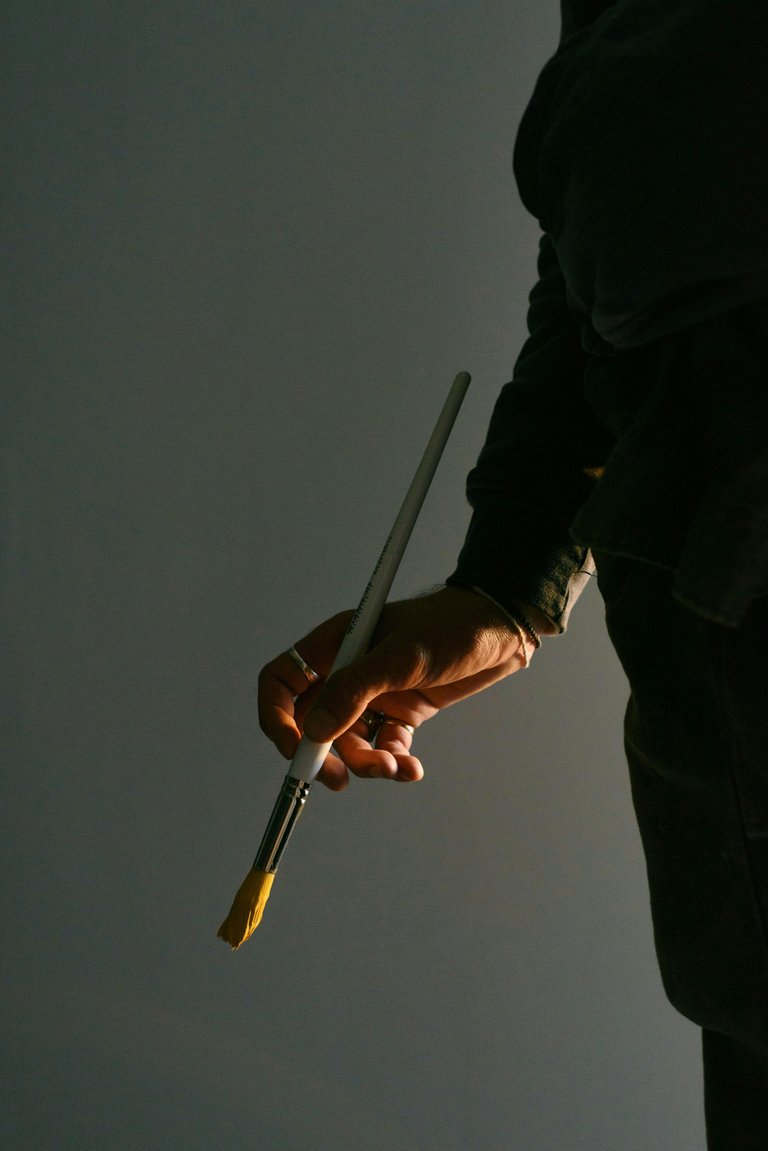Arguably, the most important iterative process we all engage on is in the realm of personal development.
I see PD as a never ending process akin to an infinite game where there are always new levels ahead of us.
This is partly due to the perception that there are always things to get better or improve upon.
Besides, I think we get more out of the journey itself, with the constant learning and growth enriching our lives.
That said, there's also a thin slope we tread when we accept the idea that PD is akin to an infinite game, always something to get better at.
Similar to the perfection trap, we can fall into a state of perpetual dissatisfaction, never feeling quite good enough.
It's a state of mind that really does more harm than good. We've missed the essence of the process, which is growth and not perfection.
The bottom line is to avoid extremes on either side. Sure, we can visit such extremes when necessary but only temporarily.
Iterative Processes Explained
An iterative process is a cyclical approach to problem-solving or project development. It involves repeating a set of steps, with each repetition building upon the findings or results of the previous one.
This creates ground for continuous improvement and refinement until a desired outcome is achieved.
On the development side, examples include many kinds of developments, such as software and product development. In general, learning a new skill or playing a musical instrument are examples of iterative processes.
Given that it takes a set of flexible steps to carry out the process, getting stuck in a rut is quite common.
On a surface level, this could be caused by taking a wrong step which leads to a wrong feedback loop. Sometimes however and on a deeper level, it's the vision or dream that fades away.
Overcoming Ruts And Roadblocks
I find that both can be solve at the source through taking a trip back to the past. By that I mean reflecting on why you started and how far you've come already.
Reminding yourself of the "why" behind your personal development can reignite your passion and help you course-correct if needed. But to really get out of the rut, experimentation is needed.
Trying out new approaches and experimenting with different methods has a way of opening a new world in front of you, where getting out of a rut becomes a likely possibility.
To truly be consistent in any iterative process, taking a trip back to the past should also become an iterative process. This sounds meta, but it can be and rewarding for deeper growth.
Give it enough time and you no longer need to consciously take a trip back to the past whenever you get stuck in a rut on an iterative process.
Making Self-Reflection an Iterative Process
The idea is to set aside regular intervals, whether weekly, monthly or quarterly, to pause and reflect on your personal development(PD) journey.
During these reflection sessions, rather than just looking at your current state - also revisit your past reflections and assessments. How have your goals, challenges, and perspectives evolved over time?
Asking such questions leads to identifying patterns, milestones, and turning points that reveal the iterative nature of your growth.
For example, where have you made progress, have you gotten stuck or how did you get unstuck in certain parts.
Use these insights to inform your next steps and refine your PD plan/overview. What new experiments or approaches could you try? What old habits or mindsets might be worth revisiting or adjusting?
I think framing self-reflection itself as an iterative process ensures that we stay actively engaged over the long-term.
We maintain momentum and consistency by regularly reconnecting with our "why" and adjusting our strategy as needed.
Also, cultivating a more nuanced, contextual understanding of our growth leads to identify underlying patterns and themes for deeper self-knowledge and self-awareness. Which means a richer PD adventure.
Thanks for reading!! Share your thoughts below on the comments.
Posted Using InLeo Alpha


I like that you said the goal is not perfection but continuous growth.
All these though heard over and again without practice and personal experience will eventually sound like an old track record.
I am learning and growing and mighty glad to be reminded to reflect and remind myself about my ‘WHY’ before I began and be consistent till it becomes a part of me. Thanks💕
Yes, absolutely. I think this simple key principles always get over our heads, but when we trying going back to them over and over again, they start becoming like second nature to us and this is where progress can be made in a more consistent manner.
Thanks for stopping by, Whitney :)
Absolutely! Always my pleasure.
We continue to grow when we intentionally do certain things that contribute to such. I agree with taking a step back or pausing to evaluate our growth or progress. It is a necessary step to make needed adjustments.
Exactly. I think sometimes that's all that's needed to actually continue progressing forward. Taking a step back is necessary although we've somehow come to believe that pushing forward no matter what is the only way forward...
Thanks for stopping by :)
Yeah, it usually gives us a better perspective when we take some moments off the course.